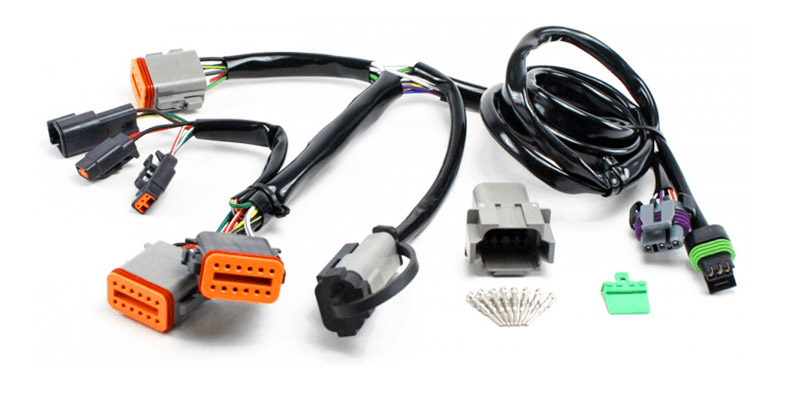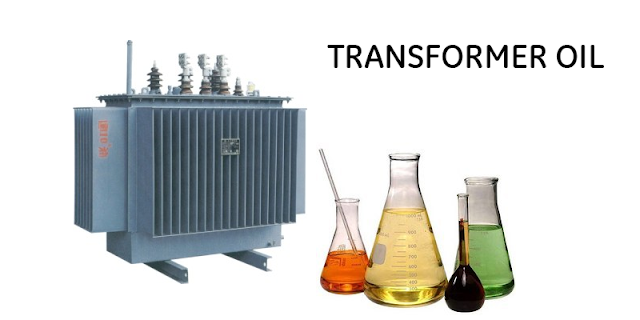Cable harnesses are bundles of wires and cables packed together with the aim of saving space while providing for a neat and organized bunch that also eradicates errors or accidents. Such bundles make it easy to track cables that run through various devices. These products have highly benefited various companies falling into different industries like electronics, automobiles, healthcare equipment, and industrial designs. Cable harnesses are available as standard and custom types. Standard cable harnesses are mass-produced from a single template, and are standardized for various electrical applications. Conversely, custom harnesses are specifically built for a particular application or client. They often provide additional features like special material utilization, extra insulation, etc. that are not otherwise available in standard harnesses.
Born in the year 1994, Miracle Electronics has been working towards setting up a world-class manufacturing facility to manufacture best in quality inductors and power transformers in India and supply to its customers across the globe. It initially started manufacturing the finest quality Toroidal transformers in India, and today it boasts of Asia’s most competitive ranges of superlative quality transformers, inductors, wire harnesses, volume controllers, voltage stabilizers and electronic box
Sunday, 28 May 2017
Thursday, 18 May 2017
How Can Cable Harness Assemblies Prove To Be Beneficial?
Cable harness assemblies are growing in popularity at a rapid rate, and have become one of the most reliable components in millions of applications all around the world. Certainly, bundles of wires can be bound together with tapes and ties, but utilizing a professionally set-up cable harness instead is a more preferable option, and here’s why.
Monday, 24 April 2017
All You Need To Know About Aerospace Cables
Aerospace cables, as the name says, are not confined to be
used in aviation or space applications alone. They can be also used in a
variety of applications like data, power, video, Ethernet, fiber, etc. However,
these aerospace cables are designed and developed in a unique manner to comply
with environmental and safety requirements, along with many other factors.
Thursday, 9 March 2017
What Features Of Toroids Provide For An Efficient Operation?
Toroidal transformers are round/doughnut shaped transformers
with wires around the core made of ferromagnetic materials like laminated iron,
iron powder or ferrite. The core cross-section can be circular, square or
rectangular, out of which the circular one is most expensive. Toroidal
transformers have complete magnetic field cancellation outside their core,
which results in lesser leakage inductance and less EMI when compared to other
types of transformers of the same power rating.
 |
| Toroidal Transformers |
Thursday, 2 February 2017
Physical, Chemical And Electrical Properties Of Transformer Oil
Oil-immersed transformers use transformer oil that is
normally obtained by fractional distillation and subsequent treatment of crude
petroleum. This oil is stable at high temperatures and has excellent electrical
insulating properties. It is this oil that decides of the operation and life
expectancy of the transformer it is used in. Transformer oil serves three main
purposes.
Friday, 6 January 2017
How are Transformers Evolving to Meet Higher Efficiency Standards?
Customers are demanding more and more for enhanced
efficiency of transformers while reducing costs and cutting down on emissions.
This is the reason more and more new and efficient transformers are coming up.
Many transformers currently being used are inefficient and cannot deal with the
issues faced currently in industries and residences. In fact, more than 500
crores of rupees are being wasted in annual transformer losses! So, by using
more efficient transformer designs, around 85 to 100 crores are estimated to be
reduced by the next 7-8 years.
Thursday, 1 December 2016
Choosing the Right Inductor for Your Application
Inductors are two-terminal electrical components designed to
oppose currents passing through them by inducting an electromotive force. They
are primarily used for signal processing and analog circuits in power
electronic applications. In SMPS devices, they are used as energy storage
components. They store energy in the form of magnetic fields as long as current
flows through them.
Inductors are estimated as open circuits for AC signals and
as short circuits for DC signals. However, not all inductors are created equal.
There are a variety of inductors available in the market that differ in terms
of performance, size and cost. Also, it is the number of turns in the coil, the
coil length, the coil area and core material that affect the amount of
inductance of an inductor. All these factors and more must be considered while
selecting an inductor for your application. Choosing the right type of inductor
is highly important. Here are a few factors explained to help you choose an
appropriate inductor.
Subscribe to:
Posts (Atom)





